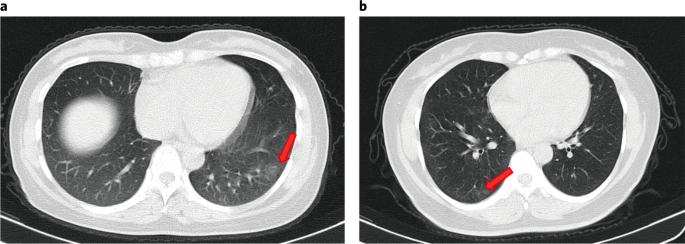Taji34
Well-known member
- Joined
- Apr 22, 2015
- Messages
- 3,971
- Reaction score
- 2,899
- Points
- 113
Per ESPN:

 www.espn.com
www.espn.com
The NCAA Division I Council on Wednesday approved a six-week practice plan for football that begins in July and will transition teams from the current voluntary workouts amid the coronavirus pandemic to the typical mandatory meetings and preseason camps to prepare for the 2020 season.

NCAA council OK's football 6-week practice plan
The NCAA Division I Council on Wednesday approved a six-week practice plan for football that begins in July and will transition teams from the current voluntary workouts amid the coronavirus pandemic to the typical mandatory meetings and preseason camps.

